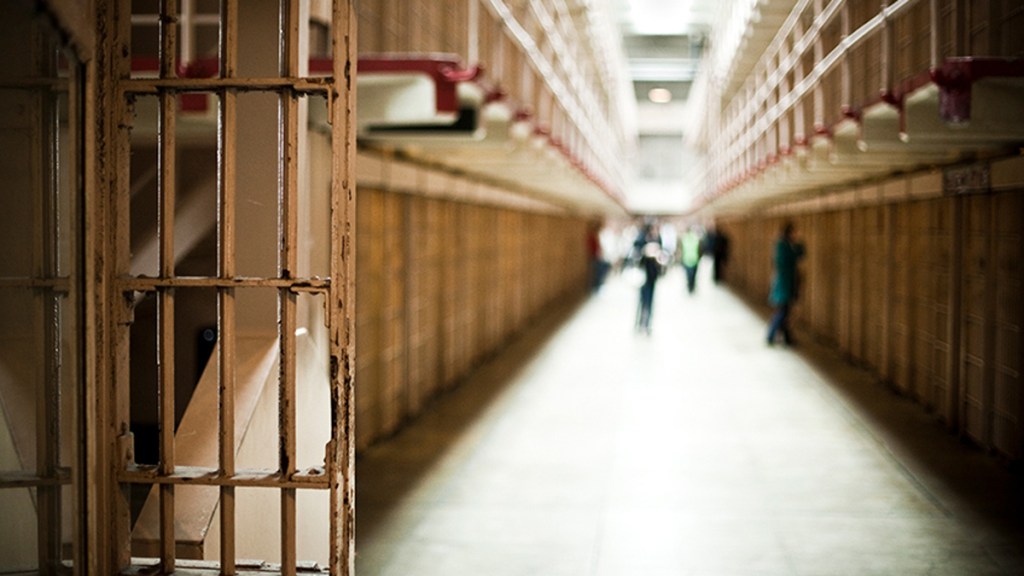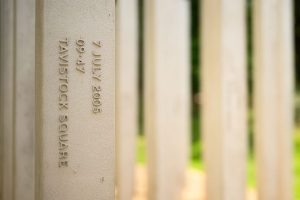Memories for me are like beautifully edited copy: all cleaned up and retaining only the good parts. The wife tells me that I’m quite lucky in choosing to remember just pleasant things — and of course I agree. Actually it’s not really a choice; it is almost automatic. Bad things are tucked away immediately, never to return. I suppose many idiots enjoy such forgetfulness, but then I’d rather be called an idiot than a surly grouch, complaining and finding fault with everything and everyone. Needless to say, I cannot forget Pentonville prison. Looking back, I recall only fun times among my fellow convicts. There was Warren, the large black man whose appeal I had to draw up because he was illiterate. In it he claimed that keeping him in jail denied the human rights of his four common-law wives who could not reach orgasm without him. ‘Are you dumb?’ I said to him. ‘Don’t you know that all English judges are prudes and they’ll just increase your sentence?’ Warren cried when he said goodbye to me. I left him a few cigarette packs and some socks.
Call me callous, but the cold truth is I think of the time I spent as Her Majesty’s guest as good clean fun: two major fights — a win and a draw — lots of exercise, even more reading and no boozing. What else could a man wish for? OK, there were no women, but when I think back I don’t remember missing them. Yes, prison is unremittingly bleak, but I recall only how physically well I felt during my time inside.
The same applies to the Big Bagel, which is nowadays filthy, dangerous and inhabited by dimwits glued to screens: a soulless, Dunkin’ Donuts place. Back then, it was all about luxurious living: grand dinners in the company of brilliant men and women. How permanent it all seemed, how quickly it disappeared. Whenever I’m there, I try to write an intense love letter to the kind of city it used to be but, looking back, it was as ephemeral a time as youth is. I suppose the reason I like to summon the ghost of a once-wondrous city is in order to exorcise it.
Never mind. Persistent regret never did anyone any good, but the Bagel was this side of paradise—for a while anyway. And what about how America used to be: a nation of happy people with white picket fences, meatloaf dinners and apple pie? TV shows and movies were wholesome and patriotic. Was all that real or was it mostly imagined by a very young Taki? Well, H.L. Mencken was real, and I read him like no other, except for Papa and F. Scott. What amuses me is to think what today’s bumper crop of humorless and dour social-justice warriors would make of him. American ignoramuses cannot conjugate a verb correctly, or appreciate a clever turn of phrase and have forbidden pronouns. Were Mencken around today, the PC brigade would have banned him along with Shakespeare, not to mention Homer.
Now back in London, the mind boggles at the fun one had running around grand country houses during long drunken weekends. It also boggles reading descriptions of the twilight of the English upper class. Envy was not a trait invented by the Brits — it most likely originated with the ancient Greeks — but it was perfected by Brits. How they love to connect country houses and gracious living with slavery and torture. The National Trust is now a loudspeaker against country houses. (Our very own Charles Moore has written on this subject.) Why turn England’s green and pleasant land into a ‘green unpleasant land’?
Those who hold such attitudes are probably not desperately sought after for country weekends. Certainly not at Bruern, my so-called ancestral country seat, which was ungallantly renamed Coke Hall by the uninvited. I had 10 to 20 people down every weekend and the recovery phase would take place during the week at Annabel’s and Tramp.
Nowadays there are some who have a fixation with undermining our society and trashing the past. In this the Brits are following the Americans, whose glorious history dates back to 5,000 years before the Greeks. What these modern Savonarolas cannot do is erase my memories of Badminton and Blenheim balls, the weekends in Wilbury Park with the Grenfell girls in bloom, the sight of the present Duke of Beaufort’s father beating Luis Basualdo on general principles, or Nicky Haslam’s habit of using electrodes in the bedroom and knocking out the lights of half of England’s stately homes.
But these lights still flicker and those bent on trashing the past are not about to extinguish them, not as long as there are people ready to defend their history. The former are most welcome to remove themselves to Afghanistan, where erasing the past is de rigueur, while I move in to Glebe Place.
This article was originally published in The Spectator’s November 2021 World edition.

























